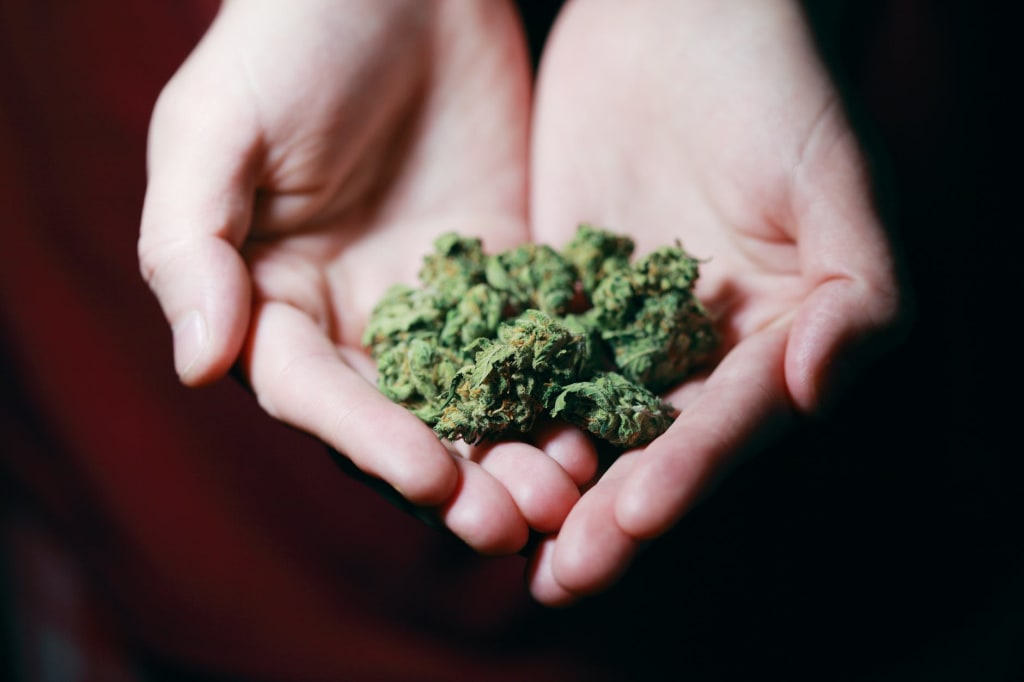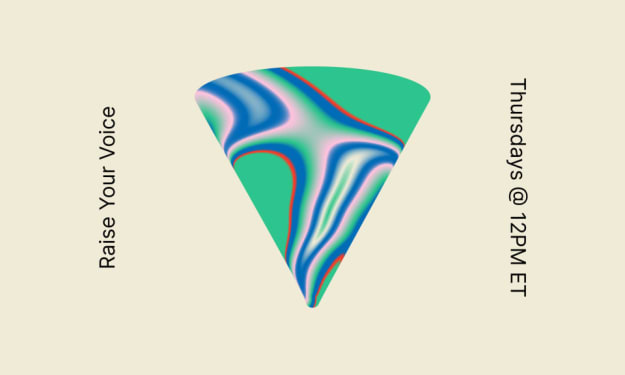Can Medical Marijuana Help Women With PTSD?
More women suffer from PTSD than you'd imagine.

Cannabis, whether industrial hemp or marijuana, is coming becoming a big hit for its medicinal uses now that governments are loosening their grip on it. While lowering inflammation and bolstering appetite is great for medical uses, it may be quite effective for mental health as well.
Some people have turned to using marijuana for PTSD with positive outcomes, causing real change to soldiers or police offers that have trouble coping with civilian life. Soldiers coming home are not the only demographic at risk of PTSD, but also your average woman.
Living through a traumatic experience or trauma is not uncommon. About 50% of women experience at least one trauma in their lives. Women are more likely to experience sexual assault or domestic abuse that can lead to PTSD.
Combining numbers from both sexes, there is certainly a demand for treatment, but not everyone sees results through traditional mental health channels. This is why some have turned to places like Lakeland marijuana doctors using cannabis as an outpatient means of coping.
Cannabinoids and Mental Health
Cannabinoids, prevalently THC and CBD, react with CB1 and CB2 receptors in the brain and can improve essential functions in the central nervous system. And with that, studies say that those suffering from PTSD can function more normally, and this applies to other mental disorders as well.
People with PTSD tend to have issues with stress regulation and emotional control, and quite possibly poor sleep patterns that exacerbate things. The way that cannabis stimulates their cannabinoid receptors can reignite feelings of happiness and improve their memory recall.
Anandamide is another important cannabinoid for the brain, and this is created within the body rather than consumed from cannabis. According to research done by the NYU Langone Medical Center, sufferers of PTSD are specifically lacking anandamide production and are likely to change their natural response to fear and anxiety.
With the stimulation of CB1 receptors, and along with improving one’s sleep schedule, cannabis can serve to help reactivate anandamide production back to a relatively normal level.
Nightmares and Triggers
The worst part about PTSD is having events trigger episodes or nightmares that spill out into the real world. This effects one’s ability to hold a job, social life, and overall normal life.
REM sleep is a big factor in controlling relapse, and go hand-in-hand with PTSD. Likely due to the constant stress and heightened awareness, it’s hard to get into a deep sleep that everyone needs to regulate mental and physical health.
There was a study published by George A Fraser showing how synthetic cannabinoids affected POTSDAM-related nightmares. Even though the selected participants were not benefit ting from regular anti-depressants, 72% of them had a major reduction in reoccurring nightmares. They also noted improved sleep and longer deep sleep from the experiment.
Of course, THC may not be accessible or viable for all PTSD patients, due to legal restrictions or simply intolerance of other side effects. This is where high-CBD strains or extracts may be beneficial for sleep disorder treatments. Better sleep quality also can transfer over into how one behaves during the day since a lack of sleep contributes towards further anxiety, depression, and aggression.
General Anxiety Control
In general, cannabis is useful for controlling chronic anxiety, and it can be a tool for how people with PTSD function in the real world. This is true more so than it is for CBD than THC, and both are present in all strains of cannabis in varying ratios.
In one double-blind randomized study on 24 participants, those that took 600 mg of CBD had reduced anxiety while giving a public speech. The same could be applied to PTSD patients that need to remain calm while going to work, school, public outings, or face events that would normally trigger their PTSD.
There needs more research to be done on PTSD and marijuana, but with what’s available, it’s worth trying. Of course, everything should be under the supervision of medical professionals, even for over-the-counter cannabis-derived treatments.
About the Creator
Jonathan G
Blogger, Internet Marketer, Digital Nomad.






Comments
There are no comments for this story
Be the first to respond and start the conversation.